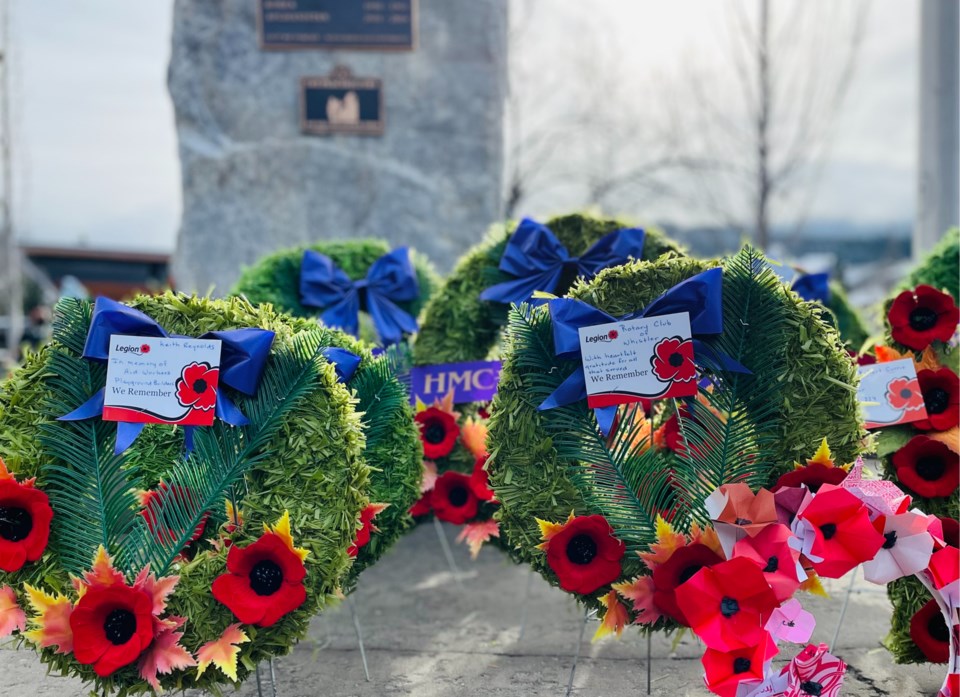“We must remember. If we do not, the sacrifice of those one hundred thousand Canadian lives will be meaningless. They died for us, for their homes and families and friends, for a collection of traditions they cherished and a future they believed in; they died for Canada. The meaning of their sacrifice rests with our collective national consciousness; our future is their monument.”
Canadian journalist and author Heather Robertson wrote those words, in a book published all the way back in 1977.
At the time, the Second World War was just a little over three decades gone—still relatively fresh, in the grand scheme of things, in the collective minds of Canadians, many of whom lived through the conflict first-hand.
Today, the war is nearly eight decades gone, and before long, there will be none left alive who witnessed its horrors through their own eyes. According to Veterans Affairs Canada, in March 2021, there were just 20,300 Second World War veterans alive in Canada (of an estimated 1.2 million who served), boasting an average age of 96 years young.
Just over 44,000 gave their lives defending Canada in the Second World War, after 61,000 or so did the same in the First World War—100,000 Canadian lives sacrificed in the name of their country.
One hundred thousand Canadian families in mourning.
As someone affixed with the dreaded “Millennial” tag, I am under no illusions as to the comfy, cushioned reality I was raised in. I knew no prolonged hardship, endured no violent conflict; was asked to sacrifice nothing. The generations that followed mine experienced much of the same good fortune.
And so war and loss and sacrifice for the greater good was just something that happened in the past, to other people, the sad memory of it all growing ever fainter with each passing year.
But even in my small Saskatchewan town in the ’90s, everyone had a connection to the war. I vividly remember surveying my town’s cenotaph as a child, marvelling at the names of our local war heroes lost in battle—many of whom shared surnames with my classmates.
The connection was distant, but it was real—visible, tangible and traceable, right there in front of us.
And I remember the annual poetry and picture-drawing contests held for Canadian schoolchildren by the Legion—a tradition that continues to this day, I’m happy to see.
As a towheaded little prairie kid who loved to read and write from a young age, I always jumped at the chance to contribute.
Each year, schoolchildren across the country take part, assembling clumsy references to sacrifice and sadness in the hopes it might amount to something deep and meaningful (it rarely does, but God bless them for trying).
Though I always did well in the annual competition, I don’t believe I was an exception to that rule. I vaguely recall one winning essay that described in great detail the horrors of war—or with as much detail as could be mustered by a pale Saskatchewan numpty whose greatest hardship was puberty.
And so I conjured up images of barbed wire and mud, mustard gas and blood—because that was what I imagined war to be like, all of it pulled from my severely limited frame of reference.
In fact, all the winning poems were similar, because we worked from the same reference points and source material. And we all shared the same truth: that evil must be met with good, and the good guys always win—but not without sacrifice.
That was nearly three decades ago, before the internet and social media arrived to bequeath upon each of us our own version of the truth; gift us an endless stream of questionable links to further any bad-faith argument, or at the very least muddy the waters of any good-faith conversation.
The effect is that, here in 2022, it feels as if the “shared national consciousness” Robertson referred to is not at all shared, and in fact barely even conscious.
What effect will our deeply fractured discourse have on us as a nation in the long run? We will find that out in due time, I’m afraid.
In the meantime, we would all do well to remember why, exactly, our forefathers went overseas to fight, and what so many lost their lives fighting.
It’s fair to assume that Robertson’s generation felt the solemn importance of Nov. 11 in its bones; knew without question or hesitation that, despite our differences, we are all brothers and sisters defending and celebrating—and sacrificing for, when called to—the same great nation.
I don’t know if that inherent belief in the triumph of good over evil still exists today—or at least not in the form it used to.
If anything, Remembrance Day and all that it stands for should carry extra reverence in modern Canada, as a shining, aspirational monument to collective identity and shared sacrifice that we’ve seemingly been on the cusp of forgetting in recent years.
There’s no clear path back to that ideal, at least not collectively.
But it has to start at the individual level—and that’s why I’ll be joining my friends and neighbours at Whistler’s annual Remembrance Day ceremony this Friday at Whistler Olympic Plaza to pay my respects to those who made the ultimate sacrifice.




